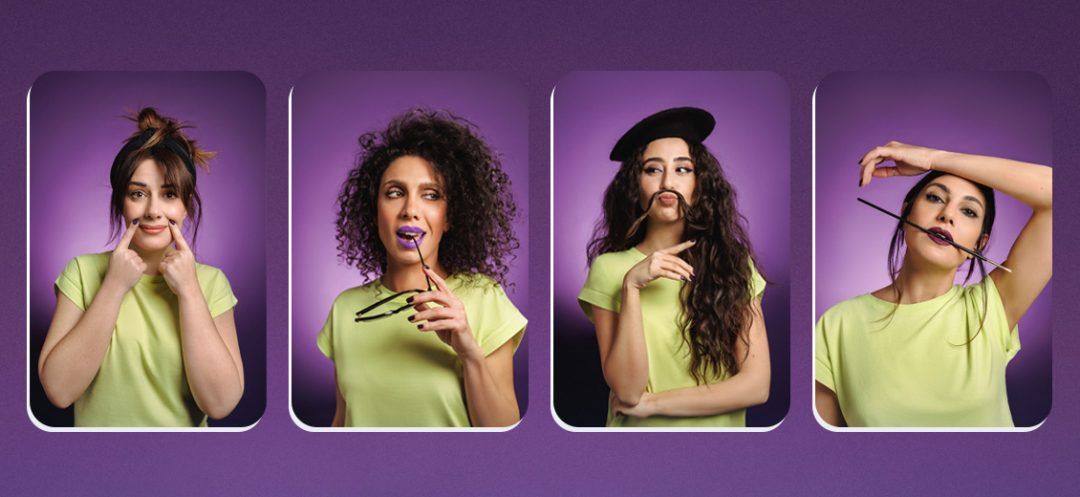
Shou Ya Ashta is a dark comedy in Lebanese Arabic that explores gender-based violence. The play will premiere on May 30, 2024, at Le Monnot theater, offering a bold perspective on taboo subjects.
Shou Ya Ashta is a play written by Wafa’a Halawi and Riad Chirazi, produced by Michèle Fenianos and Wafa’a Halawi and directed by Riad Chirazi. The main roles are played by Cynthya Karam, Wafa’a Halawi, Salma Chalabi and Katy Younes.
Producers Fenianos and Halawi previously collaborated on the play Mafroukeh and discovered a cultural affinity. "It is rare for two women to mutually support each other," notes Fenianos. She explains that the idea developed by Halawi was initially about sexual harassment, but while exploring this theme, other forms of violence (GBV) emerged. "It is important to disclose violence against women, including verbal domestic violence, child rape and incest," she adds. "It is also important to address taboo subjects such as healthy and abusive sexuality and to understand the differences."
Cynthya Karam believes that "theater may not bring drastic change, but it can change minds, starting with the title of the play, which is a normalized expression in spoken Lebanese. Perhaps we should start with awareness, so we ask the right questions." When asked how the play would be perceived from the other side of the judge’s gavel, Cynthya Karam responds, "A woman who has been verbally abused might not realize it because her mother lived that way, for instance. Also, the man who abused her might also have been a victim of an environment where he was taught that this is how he would prove his masculinity. We live in a male-dominated society filled with narcissistic abusers who do not realize the impact of their actions. I firmly believe that society is the biggest problem, starting with families that cover up abuse, incest and rape because it is a taboo subject. It is certainly not up to artists to find a solution, but to raise the debate, thereby encouraging new laws within the government. Law 205 is important, but it has clauses that need to be reconsidered. It is also the judges' role to take action."
Salma Chalabi finds that "the biggest challenge is to respect the feelings of the people we represent." She had to immerse herself in life experiences different from her own to bring her character to life. "I play the role of a woman who has been verbally abused. I have to respect her feelings and the reasons behind her decisions in the play to honor her experience and convey it to the audience. This is a delicate social issue. I have never been abused personally. I drew inspiration from various people around me who were abused without realizing it. Usually, strong women know how to handle verbal abuse, but sometimes they don’t even realize it. My biggest challenge was to construct a character that is nothing like me, by drawing inspiration from the social context and experiences of another person."
Katy Younes, who plays a role based on personal and others' experiences, explains, "We are portraying a reality. My goal is to embody the character while respecting her story, without it being about me. As a woman and an actress, I have sometimes had to confront these issues. I want to be the voice for those who haven't had the chance to express themselves."
Wafa’a Halawi plays Nour, a young woman who anonymously contacts Dr. Jouni to discuss a sexual problem that hides a deep trauma. "This character is based on interviews with young women who were victims of rape. Emotionally, it is not an easy role to play... A few days ago, I was exhausted. One of the women we interviewed sent me a message thanking me, saying, 'I saw the campaign, thank you for being our voice.' This reminds me of the importance of the play, which is to give a voice to those who cannot speak out."
Shou Ya Ashta promises to be a poignant and enlightening play, encouraging dialogue on delicate but crucial topics.
Read more



Comments